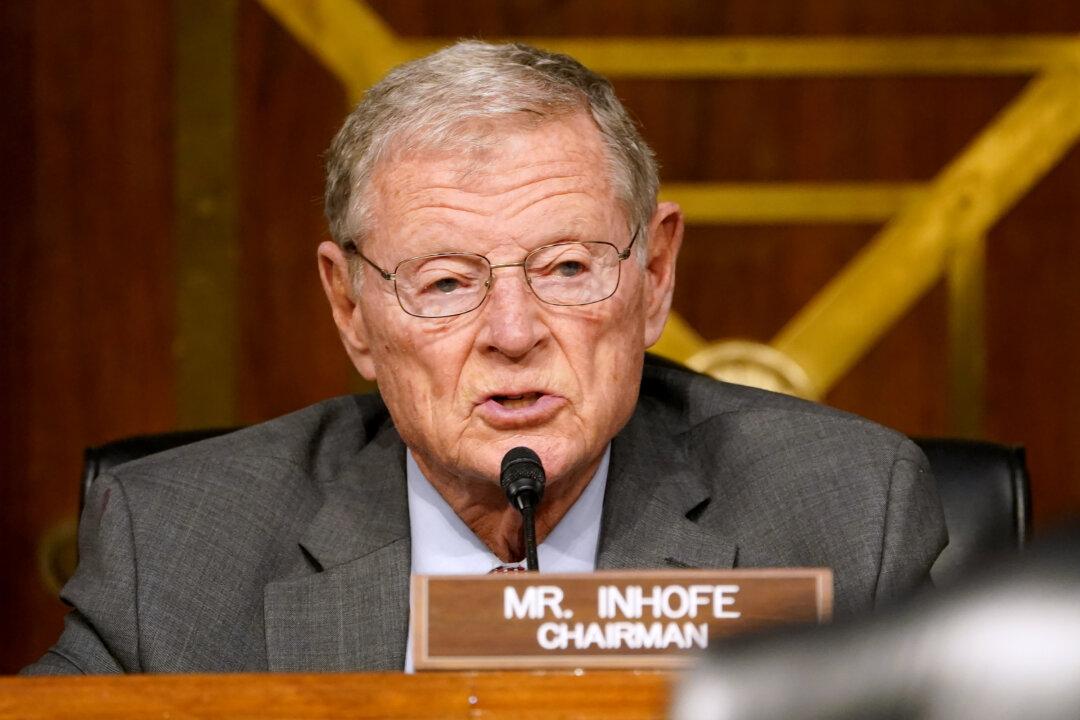Four top Senate Republicans called on President Joe Biden on April 6 not to reenter the Iran nuclear deal and to continue sanctions against the Islamic Republic, on the day of indirect talks between the United States and Iran in Vienna.
Sens. Jim Inhofe (R-Okla.), Marco Rubio (R-Fla.), Pat Toomey (R-Pa.), and Todd Young (R-Ind.), leaders of several Senate committees or subcommittees, sent an open letter (pdf) to Biden expressing their concerns about the United States returning to the Iran nuclear deal—formally known as the Joint Comprehensive Plan of Action (JCPOA).





